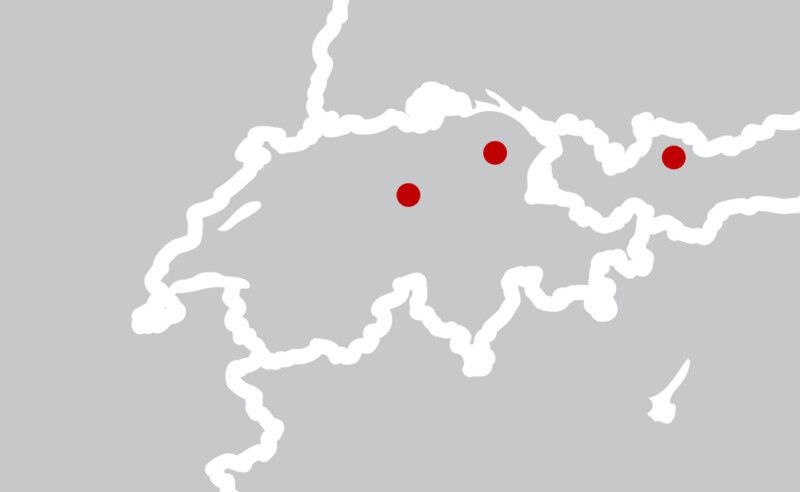Biochar production provides a valuable tool to create durable carbon sinks and battle climate change and can be used within multiple industries.
Project standard: The projects are certified according to the methodology of the European Biochar Certificate (EBC) C-Sink.
Project description
Biochar Carbon Removal (BCR) is a way to create carbon sinks (anything that absorbs more carbon from the atmosphere than it releases, like plants, ocean, or soil) by incorporating biochar into a stable matrix, such as soil or durable construction materials, thereby creating a durable carbon removal from the atmosphere.
Biochar is made by heating biomass, such as residual wood or crop waste (which has removed CO2 from the atmosphere during plant growth), at high temperatures (500 - 700 °C), and in an oxygen-limited environment through a process called pyrolysis. Unlike in a “standard” burning process, i.e. combustion, a portion of the carbon of the parent material remains as biochar after the pyrolysis process and is not released to the atmosphere as CO2.
The projects compiled in this portfolio have been expanding their operations for years and are experts in producing high-quality carbon-preserving biochar.
Social and economic benefits
- The projects contribute to the local development of innovative technologies in Switzerland and the EU.
- The projects require the expertise of specialists, which supports the local job generation.
- The projects promote regional economic development.
- The projects contribute to regional integration and strengthen the exchange with other sectors.
- The projects enhance food security and provide an additional source of income for local farmers.
- The projects increase awareness for environmental concerns.
Environmental aspects
- The projects sequester carbon by turning organic waste into biochar. This process removes CO2 from the atmosphere and stores it in the soil permanently.
- The projects improve soil health by enhancing the physical, chemical and biological properties of the soil.
- The projects generate green energy by using pyrolysis processes. This can reduce the dependency on fossil fuels and provide income and energy security for rural communities.
